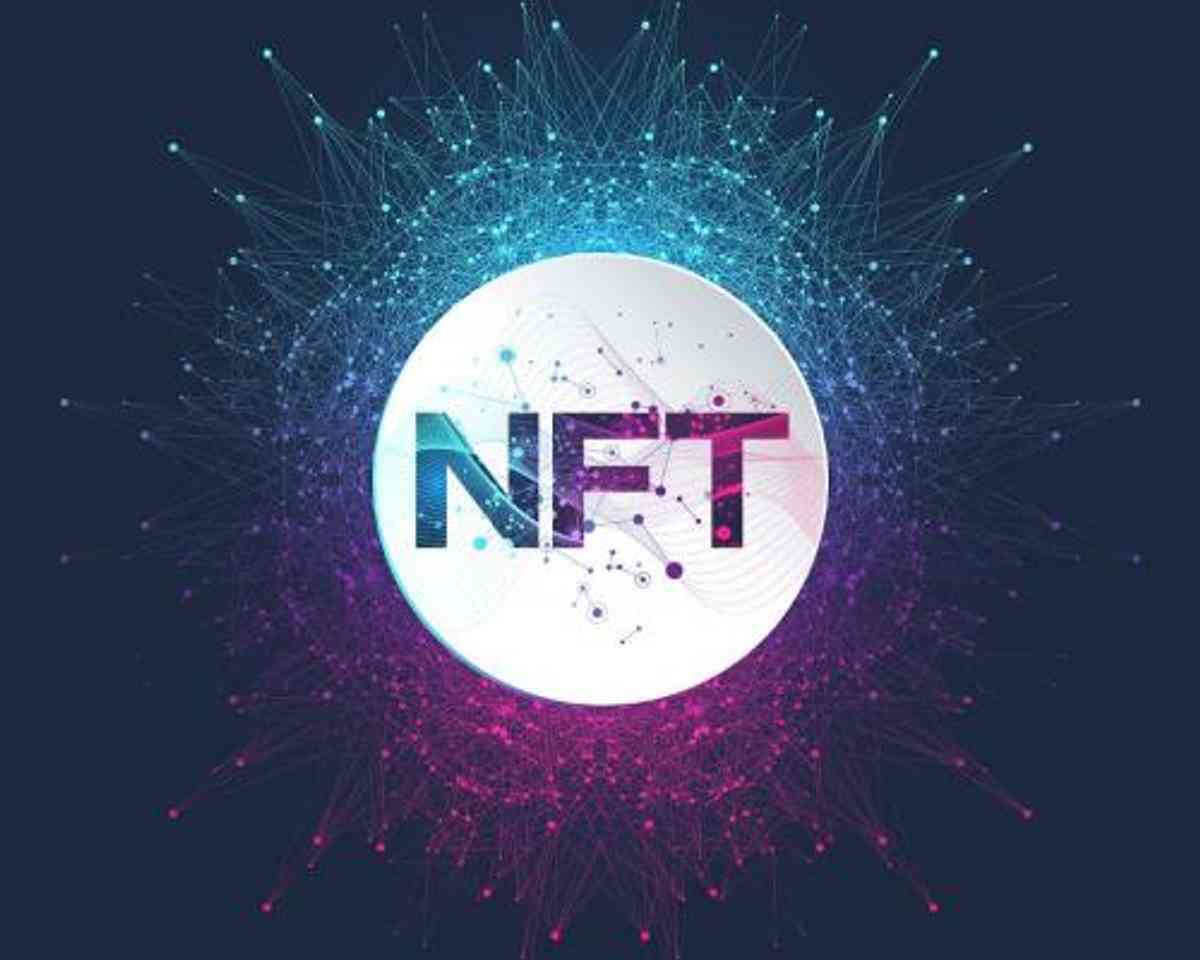Cryptocurrencies and blockchain technologies are becoming more and more popular and as their popularity continues to grow, so does the potential for frauds.
NFTs or non-fungible tokens are also extremely popular, but investing in them also comes with some threats. Here are some of the most common threats to safety, as well as tips on how to protect yourself from such dangers.
What are the opportunities for scammers?
As we know, NFTs can represent any digital art, and have become really popular in the last year. Of course, when there is something innovative and popular, there is also an opportunity for scams. Here are some of the most popular schemes, you should be aware of:
Ponzi schemes
This type of fraud entices investors with promises of high returns. Scammers use the funds of new investors to pay out the existing ones. As you might guess, the scheme collapses when there are no new investors to bring money in.
The best advice we can give you, to protect yourself from such schemes, is to do good research before investing in any project. See who stands behind the project and what is their past in the world of investment.
Another red flag is the promise of great returns - as it turns out, this is often a sign of a scam.
Pump-and-Dump Schemes
This is another common scheme in the financial market, and scammers have already begun to exploit the NFT popularity, attracting new inexperienced investors.
What scammers do is buy a large amount of an asset, driving its price up. After that, they sell it to the higher price, leaving investors with an empty bag.
Again, to protect yourself, be aware of the projects you invest in, who is behind them and what is their history.
Plagiarism
When talking about NFTs, there is another popular scam - plagiarism. As with physical art, digital can also be copied. Criminals tend to look like the original seller, changing just a few details such as the price, the name or the description. To protect yourself from such schemes, always look for red flags:
The price is too good to be true
The seller has no history or reputation
There are mistakes in the listing
Fake NFT Exchanges
Another popular fraud are fake NFT exchanges. Those type of websites pretend to be legitimate NFT exchanges, but their only goal is to steal money or personal information from investors.
Most of the time, they look like a professional website, offering full-time support, but as you might guess, it is all a cover-up.
Again, the only way to protect yourself from such a scheme is doing good research before investing your assets in any project.
I’ve become a victim of a scam? Is there anything I can do about it?
As it is already clear, NFTs are ripe for different scams, and the first thing you can do to protect yourself is inform yourself about the most common scams and try to avoid them.
You may find it hard to get your money back, but you can still try to make it right. Report the scam to the authorities or fill a complaint with the Better Business Bureau. Also, you can try to contact the team behind the project.
Another thing you can do is talk about the project and the scam in social media. This way you can warn others and even get your money back.
And again, the best advice we can give you is do a good research, before you invest in a project and of course, never invest more than you are willing to lose.
